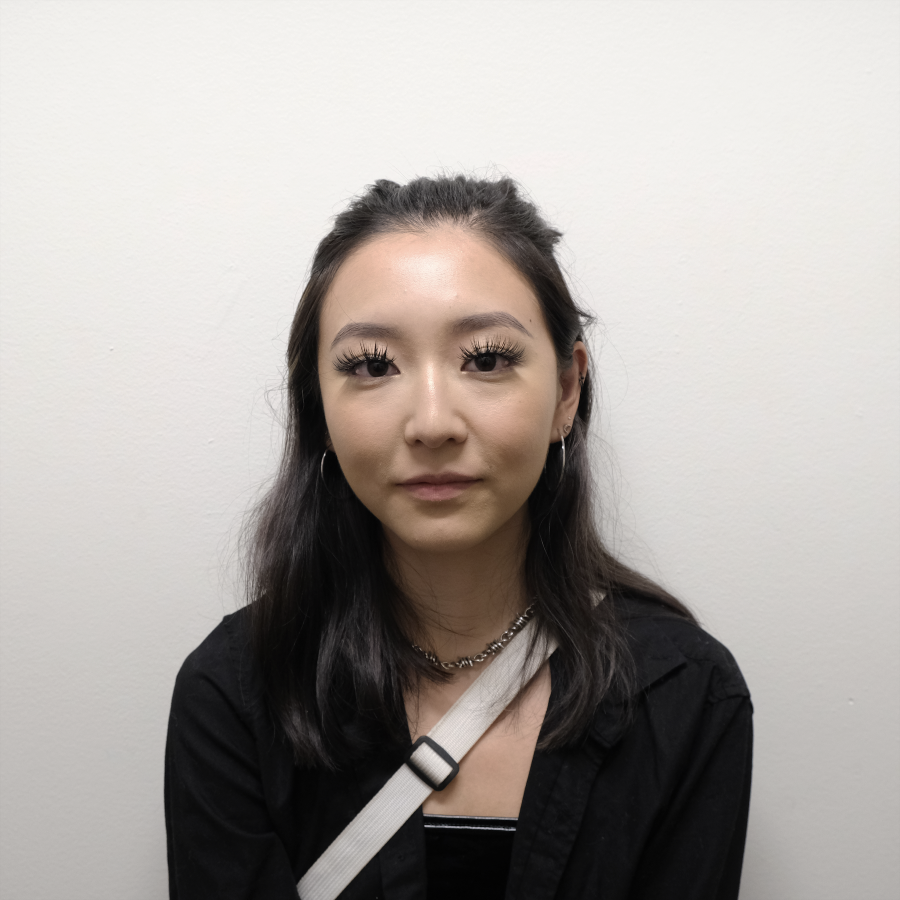When Saturday Night Live announced its new cast members, I, along with many other Asian Americans, were proud to see Bowen Yang joining the cast and excited to be represented on such a big show. But celebrations of Yang’s success were overshadowed by footage of Shane Gillis — another new SNL hire — and his past racist comments. As an Asian in the U.S., I’m used to experiencing and witnessing racism and microaggressions; that wasn’t what was so upsetting to me about this case. What was upsetting was Gillis’ half-hearted Twitter apology and the immature way he handled being fired.
Let’s get one thing straight: using racial stereotypes as the base of comedy is not pushing boundaries, nor is it funny. Calling people “chinks” and saying it’s annoying when Chinese people try to learn and speak English is not a risk he was taking for comedy — it’s racist. He said he was “happy to apologize to anyone who’s actually offended,” showing that he genuinely believed that what he did was simply edgy, rather than offensive and racist. He’s not a martyr of comedy who sacrificed his innocent self for a larger cause. He might respect SNL’s decision to remove him, but does he understand their decision? Does he understand what he did was wrong, or is he just sorry he got caught? If using racial slurs is the “best comedian he can be,” then he shouldn’t be a comedian. His status as a white man has given him the privilege to self-label his bigotry and racism as “pushing boundaries” without being held accountable until now.
White people crafting offensive punchlines that rely on slurs and lazy clichés about marginalized people is one of comedy’s oldest traditions, whether it be Minstrel shows or doing yellowface with an accent for comic relief. Spewing stereotypes into a microphone like Gillis did isn’t just disgraceful, it’s boring.
But what happens when the comedian isn’t white?
Anjelah Johnson’s imitation of Vietnamese nail salon workers blew up for being funny despite it being a racist depiction. More recently, in Dave Chappelle’s “Sticks and Stones,” he compares being transgender to being a black man stuck in a Chinese person’s body and proceeds with a horribly racist imitation. Though Chappelle received a lot of pushback from his viewers, his show is still being promoted on Netflix, and he has not lost his contract. What distinguishes Gillis’ case from Chappelle’s and Johnson’s cases is that Gillis is white. His racism is the most familiar, most blatant and most obvious. When POC comedians take part in racist jokes that are directed towards Asians, many Americans are not accustomed to the racial dynamics between different populations of color. Regardless of the race or ethnicity of the comedian, that type of racial comedy is boring and unoriginal.
Relying on centuries-old racist stereotypes as comedy is lazy, cheap and, most of all, unfunny. Using racial slurs is not pushing boundaries, it’s ignoring boundaries. Comedians, no matter their background, should be held accountable and made aware that there is no place for racism in comedy. If comedians want to take risks in 2019, perhaps they should try making a joke that doesn’t rely on the oldest joke in the book.
Opinions expressed on the editorial pages are not necessarily those of WSN, and our publication of opinions is not an endorsement of them.
Email Clare Shiraishi at [email protected].























































































































































